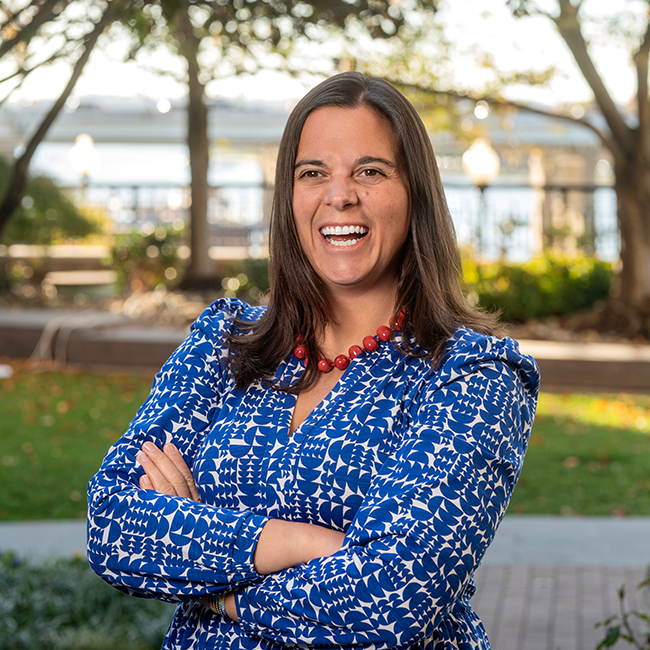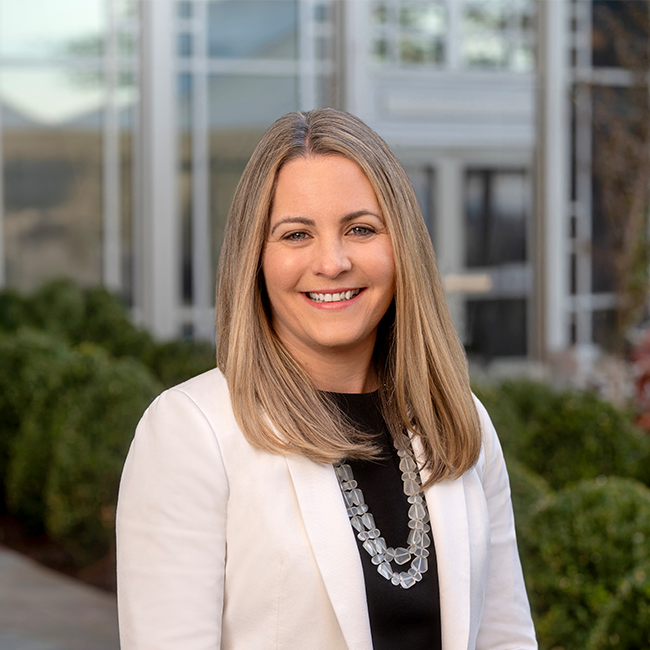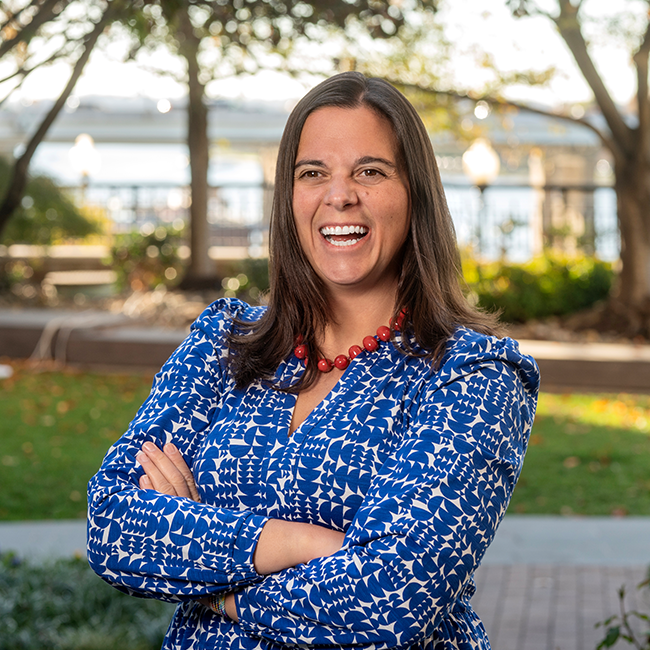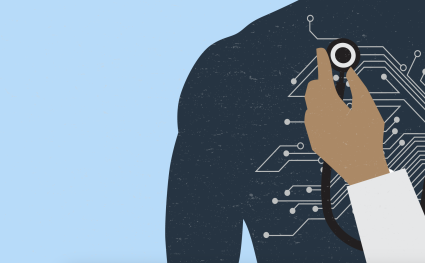Report
Type 1 Diabetes Autoantibody Screening: A Roadmap for Pediatric Policy Implementation
Image

Erin Ross
Director, Science Philanthropy Accelerator for Research and Collaboration (SPARC) team, Milken Institute Strategic Philanthropy
Erin Ross is a director on the Science Philanthropy Accelerator for Research and Collaboration (SPARC) team at the Milken Institute Strategic Philanthropy. She applies her expertise in health systems, analyzing scientific evidence's role in health policy implementation and identifying ways the scientific and policy communities can collaborate.
Image

Cara Altimus, PhD
Managing Director, Science Philanthropy Accelerator for Research and Collaboration (SPARC) team, Milken Institute Strategic Philanthropy
Cara Altimus, PhD is a managing director on the Science Philanthropy Accelerator for Research and Collaboration (SPARC) team at Milken Institute Strategic Philanthropy, leading the science and health innovation portfolio. A PhD neuroscientist, Altimus advises individual philanthropists and foundations on the state of research for various areas including neurodegenerative disease and mental health, identifying opportunities where their capital can make the biggest impact.
Topics














